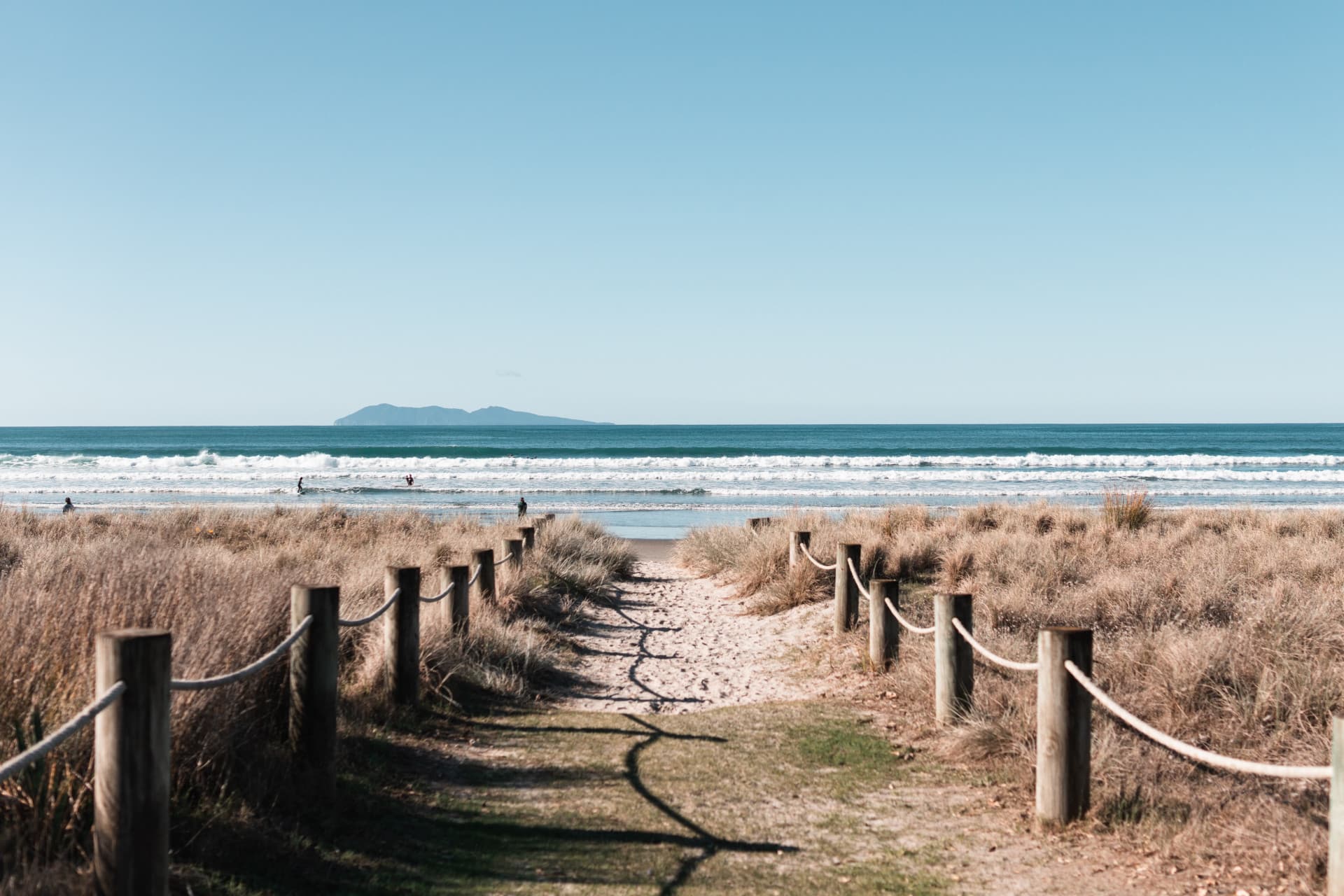

Posted on Monday 15 March 2021
In late 2020, we surveyed our co-development partners and stakeholders for feedback on how we could improve our approach and activities to better support our mission ‘to transform Aotearoa New Zealand’s ability to enhance our marine economy and to improve decision-making and the health of our seas through ecosystem-based management’.
We would like to sincerely thank those who participated in the survey. Ka nui te mihi ki a koutou katoa! Your feedback is critical to our success.
Respondents included:
We’ve analysed the responses and wanted to share the key insights and issues, as well as how we are – or plan to – respond to them.
We have appointed Engagement Advisors to support and help co-ordinate our connection and engagement with Government, Māori and industry.
One area of focus for these Advisors is working with the Communications Team to pull together the findings of our research into packages of information targeted to different sectors, eg:
In addition, we now have a number of ‘place based’ initiatives to apply aspects of our research with councils, iwi, communities and industry. We hope these regional studies will support greater connections in regions and successful implementation.
Finally, our 2020 Innovation Fund round brought a number of new connections and research partners, particularly from customary and commercial sectors into the Challenge. We are very excited by the opportunities these projects provide to support innovation and the implementation of our research.
The results of our Phase I projects (2014–2019) are all available through our website, but these are not always in the most relevant or accessible format for many of our partners and stakeholders. We are undertaking a number of activities to make these more useful for our various audiences by:
Our Phase II projects (2019–2024) have all been purposefully co-developed with end-users and planned to include a greater range of outputs for targeted audiences to support implementation, as well as scientific or technical publications. End-users will be involved in determining the form and function of outputs and the way they are communicated.
We have and continue to take our research out to agencies, communities and industry sectors through targeted communication and engagement, and are always keen to take opportunities as they arise.
Due to Covid-19 limitations we have had to hold off on holding our annual conferences and planned roadshow activities. We hope to be able to revitalise those plans in the near future.
Our co-development expectations in Phase II have been ambitious given the time constraints that all of the Challenges must work within. We have aimed to build upon relationships established in Phase I, as well as having our partners and stakeholders play a greater role, that is resourced appropriately, in our research. In many cases, this role includes co-implementation and delivery, as well as co-design of the form and function of our research outputs.
For our Stakeholder Panel and Kāhui Māori we now provide a quarterly ‘report card’ on each of our projects, and work with our Project Leaders to support their more regular communication with partners and stakeholders.
We have learned many lessons about the challenge of co-development and will review and assess those through the overall synthesis of our research between now and the completion of the Challenge and will share those lessons and insights through a specific synthesis output.
We plan to repeat the survey annually so that we can continue to monitor our approach, and the ability for our partners and stakeholders to extract meaningful outcomes from our research.